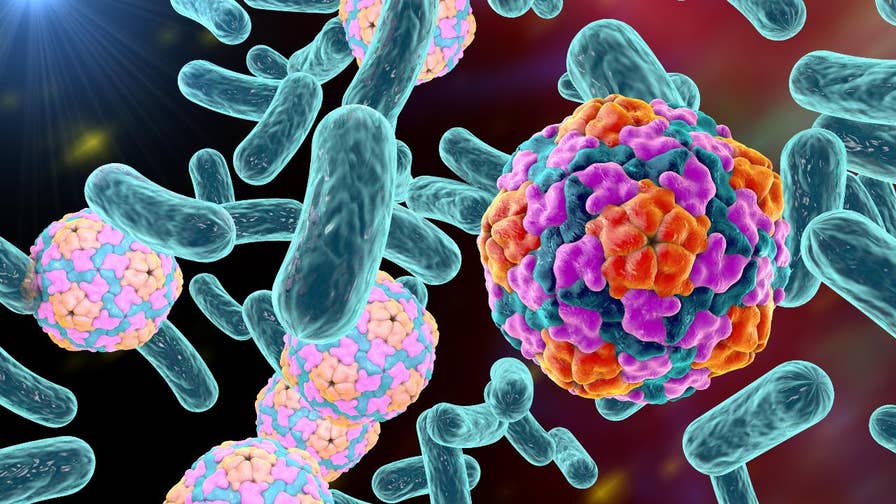Hepatitis A outbreak in Massachusetts kills 1, sickens 64 others

Hepatitis A: How is it spread?
Hepatitis A is a liver infection that is highly contagious. Find out how to prevent contracting it and what can be done if you're exposed
The state of Massachusetts has issued a public health alert over a rash of hepatitis A cases that have left one person dead and 64 others sickened since April. Forty of the cases were reported during the last two weeks of August and the first two weeks of September, with about 45 percent of cases occurring in Boston.
According to Monday’s announcement, the vast majority of cases were reported in the homeless community, or in patients suffering from substance abuse disorders, similar to the outbreaks reported in other states.
Hepatitis A is a vaccine-preventable disease of the liver, typically transmitted from person-to-person through the fecal-oral route or consumption of contaminated food or water. According to the Centers for Disease Control and Prevention, most patients experience fatigue, low appetite, stomach pain, nausea and jaundice. Symptoms typically resolve within two months.
“There may be misconceptions about the different types of hepatitis,” Dr. Catherine Brown, state epidemiologist, told MassLive.com. “Hepatitis A infection can be prevented through vaccination and one dose of vaccine can provide substantial protection. It can also be prevented through proper hand washing, especially after using the toilet and before eating.”
The state’s Department of Public Health is urging local health officials to work closely with community-based groups that provide services to the homeless and those with substance abuse issues to make vaccines available to those most at-risk. Officials said many patients also showed signs of hepatitis C infection, which makes their condition more serious.
Source: Read Full Article


